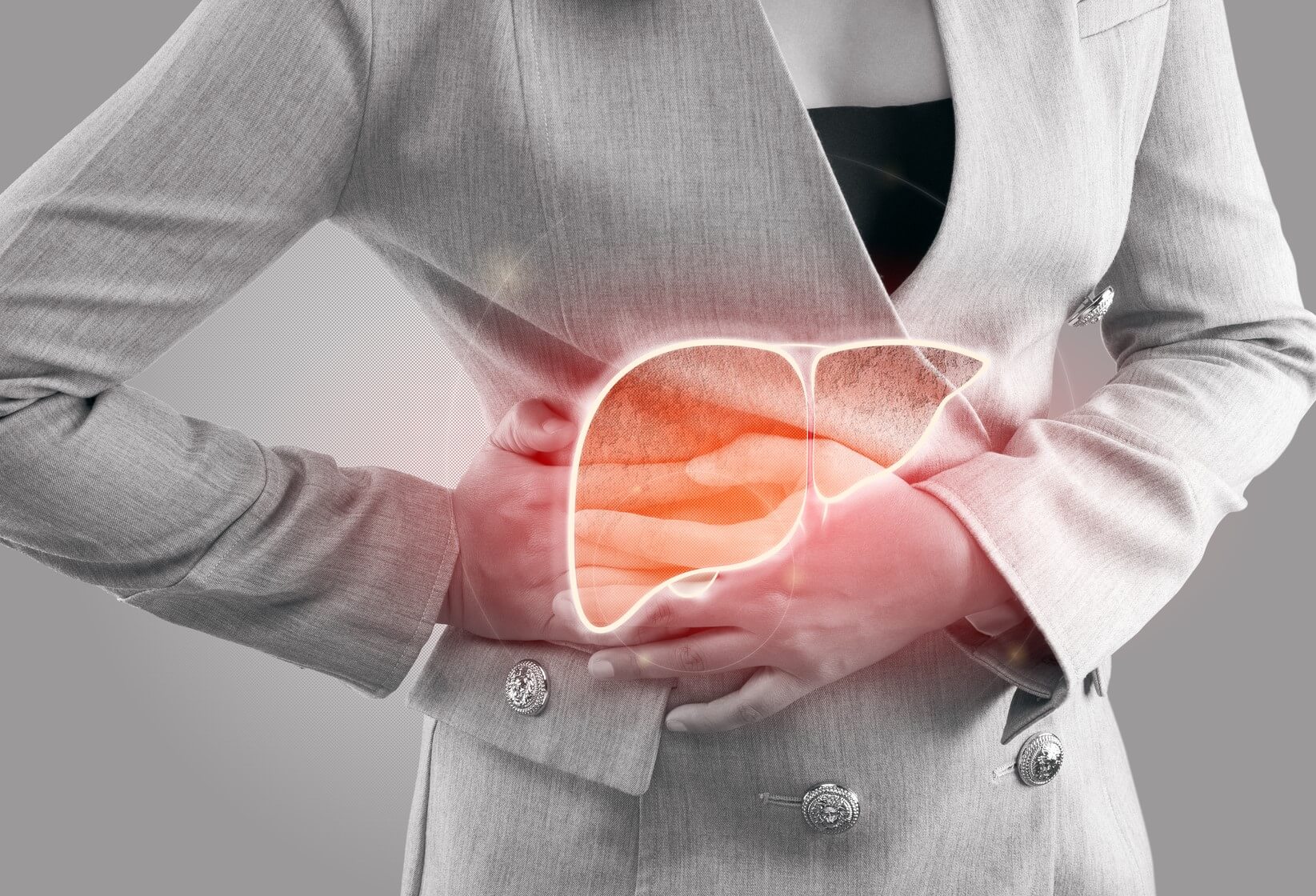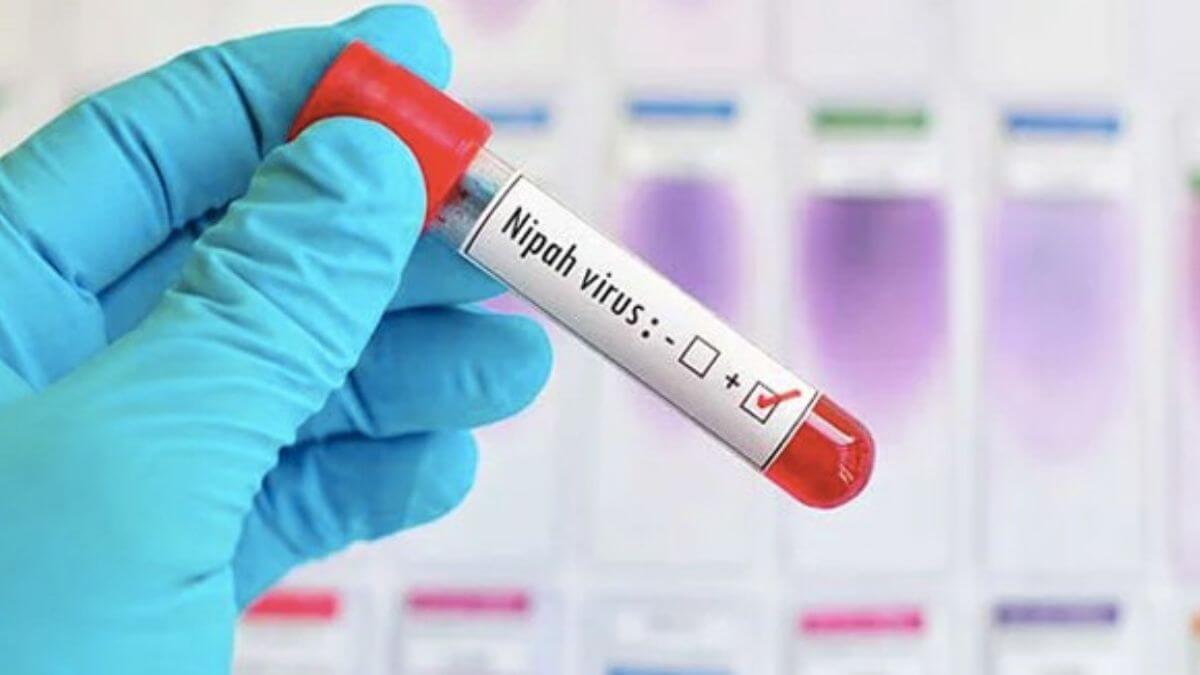Rising pollution linked to surge in PCOS cases across India
Tue 02 Sep 2025, 01:52:01

Polycystic Ovary Syndrome (PCOS) has emerged as one of the most common health disorders amongst women of reproductive age in India, marked by irregular menstrual cycles, excess production of male hormones, ovarian cysts, and insulin resistance.
PCOS is the most prevalent female endocrine disorder and the leading cause of infertility, affecting 6–26% of women worldwide and 3.7–22.5% in India.
Even though the exact causes remain uncertain, PCOS is believed to be a multifactorial disorder influenced by genetics, lifestyle choices, and environmental factors. Recent studies suggest that rising pollution and exposure to emerging pollutants are playing a significant role in its increasing prevalence.
With pollution levels climbing and new variants of pollutants being detected, the risk of PCOS has grown significantly. Research has linked exposure to pollutants with disruptions in the menstrual cycle and a higher likelihood of reproductive disorders.
A study published in Science Direct highlights the role of emerging pollutants, chemicals not commonly monitored or regulated but increasingly present in the environment. These
include microplastics, carbon-based nanoparticles, and metal oxides.
include microplastics, carbon-based nanoparticles, and metal oxides.
India’s rapid industrialisation and urbanisation have further worsened the situation. Everyday items, such as plastic food packaging, have also been flagged as major contributors to the disorder.
The number of women suffering from PCOS in India continues to rise, with one in five women estimated to be affected. Alarmingly, nearly 70 per cent of women with PCOS worldwide remain undiagnosed throughout their lives.
PCOS is the leading cause of infertility globally and has been associated with type 2 diabetes, hypertension, cardiovascular disease, and endometrial cancer. For India, already labelled the “Diabetic Capital of the World,” the growing PCOS burden adds to the challenge.
In addition to physical health complications, women with PCOS often struggle with mental health issues, as the disorder brings significant social and emotional stress.
Greater awareness, screening programs, and education are urgently needed, alongside efforts to address environmental pollution. Only a holistic approach can help reduce the impact of PCOS in India.
No Comments For This Post, Be first to write a Comment.
Most viewed from Health
AIMIM News
Latest Urdu News
Most Viewed
May 26, 2020
Should there be an India-Pakistan cricket match or not?
Latest Videos View All
Like Us
Home
About Us
Advertise With Us
All Polls
Epaper Archives
Privacy Policy
Contact Us
Download Etemaad App
© 2026 Etemaad Daily News, All Rights Reserved.

























.jpg)
.jpg)
.jpg)


